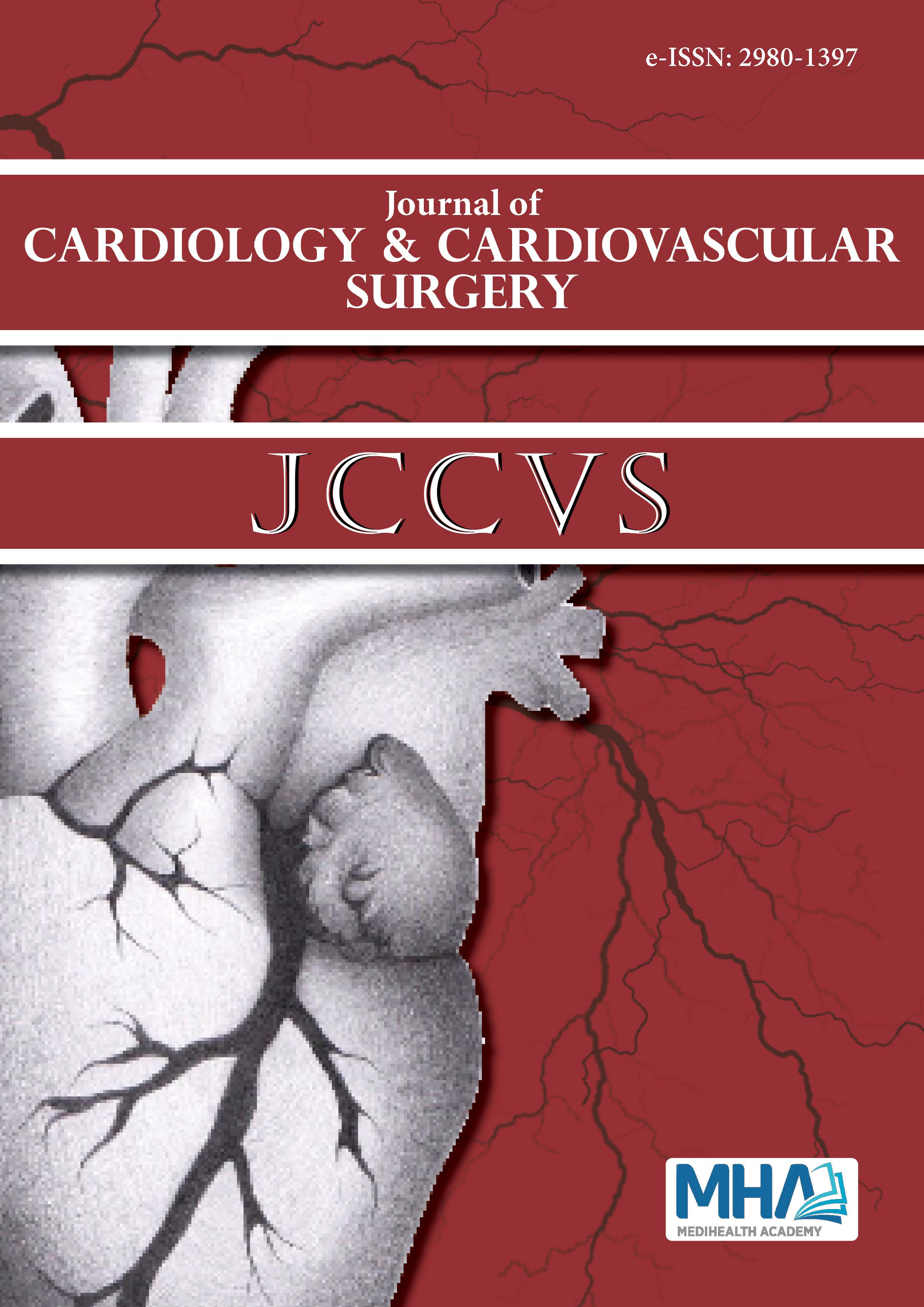1. Tomasoni D, Adamo M, Lombardi CM, Metra M. Highlights in heartfailure. ESC Heart Fail. 2019;6:1105-1127.
2. Boorsma EM, Ter Maaten JM, Damman K, et al. Congestion in heartfailure: a contemporary look at physiology, diagnosis and treatment.Nat Rev Cardiol. 2020;17:641-655.
3. Holwerda DA. Aglycopeptide from the posterior lobe of pig pituitaries:isolation and characterization. Eur J Biochem. 1972;28:334-339.
4. Jochberger ST, Morgenthaler NG, Mayr VD. Copeptin and argininevasopressin cooncentrations in critically ill patients. J Clin EndocrinolMetab. 2006;91:4381-4386.
5. Savarese G, Becher PM, Lund LH, Seferovic P, Rosano GMC, Coats AJS.Global burden of heart failure: a comprehensive and updated review ofepidemiology. Cardiovasc Res. 2023;118:3272-3287.
6. Baker DW, Einstadter D, Thomas C, Cebul RD. Mortality trends for 23505 Medicare patiets hospitalizad with heart failure in Northeast Ohio,1991-1997, Am Heart J. 2003;146:258-264.
7. ACC/AHA Guidelines for the evaluation and management of chronicheart the adult. J Am Coll Cardiol. 2008;38:2101-2113.
8. Kalra PR, Anker STD, Coats JS. Water and sodium regulation inchronic heart failure: the role of natriüretic peptides and vasopressin.Cardiovasc Res. 2001;51:495-509
9. Chatterjee K. Neurohormonal activation in congestive heart failure andthe role vasoprresin. Am J Cardiol. 2005;95:8-13.
10. Francis GS, Benedict C, Johnstone DE. Compparison of neuroendocrineactivation in patients with left ventriculer dysfunction with and withoutcongestive heart failure: a substudy of the Studies of Left VentricularDysfunction (SOLVD). Circulation 1990;82:1724-1729.
11. Nakamura T, Funayama H, Yoshimura A. Possible vasculer role ofincreased plasma arginine vasopressin in congestive heart failure. Int JCardiol. 2006;106:191-195.
12. Struck J, Morgenthaler NG, Bergmann A. Copeptin, a stable peptidederived from the vasopreein precursor, is elevated in serum of sepsispatients. Peptides 2005; 26: 2500-2504.
13. Müler B, Morgenthaler N, Stolz D. Circulating levels of copeptin, anovel biomarker, in lower respiratory tract infections. Eur J Clin Invest.2007;37:145-152.
14. Khan SQ, Dhillon OS, O’Brien RJ. C-terminal provasopressin(copeptin) as a novel and prognostic marker in acute myokardialinfarction: leicester acute myokardial infarction peptide (LAMP) study.Circulation. 2007;115:21032110.
15. Kannel WB, Ho K, Thom T. Changing epidemiological featuresaetiology of cardiac failure. Br Heart J. 1994;72:53-59.
16. Rouleau J, Packer M, Moye L, de Champlain J, Bichet D, Klein M.Prognostic value of neurohumoral activation in patients with anacute myocardial infarction: effect of captopril. J Am Coll Cardiol.1994;24:583-591.
17. Voors AA, von Haehling S, Anker SD, et al. C-terminal provasopressin(copeptin) is a strong prognostic marker in patients with heart failureafter an acute myocardial infarction: results from the OPTIMAALstudy. Eur Heart J. 2009;30:1187-1194.
18. Masson S, Latini R, Carbonieri E, et al; GISSI-HF Investigators. Thepredictive value of stable precursor fragments of vasoactive peptides inpatients with chronic heart failure: data from the GISSI-heart failure(GISSI-HF) trial. Eur J Heart Fail 2010; 12: 338-347.
19. Kelly D, Squire IB, Khan SQ, et al. C-terminal provasopressin(copeptin) is associated with left ventricular dysfunction, remodeling,and clinical heart failure in survivors of myocardial infarction.JCardiac Fail.2008,14(9):739-745.
20. Neuhold S, Huelsmann M, Strunk G, , et al. J Am Coll Cardiol 2008;52:266-272.
21. Schill F, Timpka S, Nilsson PM, Melander O, Enhörning S. Copeptinas a predictive marker of incident heart failure. ESC Heart Fail.2021;8:3180-3188.
22. Zhong Y, Wang R, Yan L, Lin M, Liu X, You T. Copeptin in heart failure:Review and meta-analysis. Clin Chim Acta. 2017;475:36-43.
23. Karki KB, Towbin JA, Shah SH, et al. Elevated Copeptin Levels AreAssociated with Heart Failure Severity and Adverse Outcomes inChildren with Cardiomyopathy. Children (Basel). 2023;10:1138.

